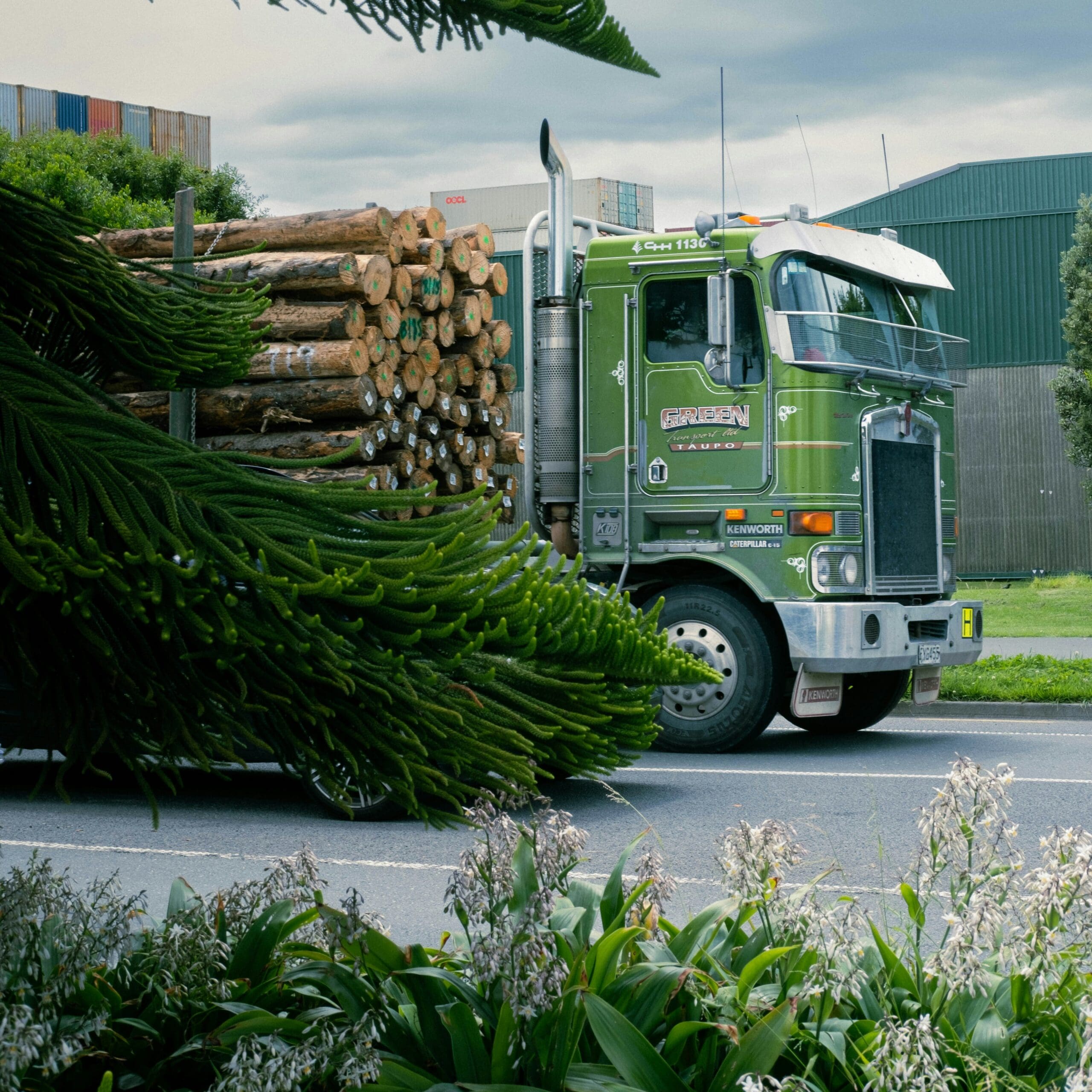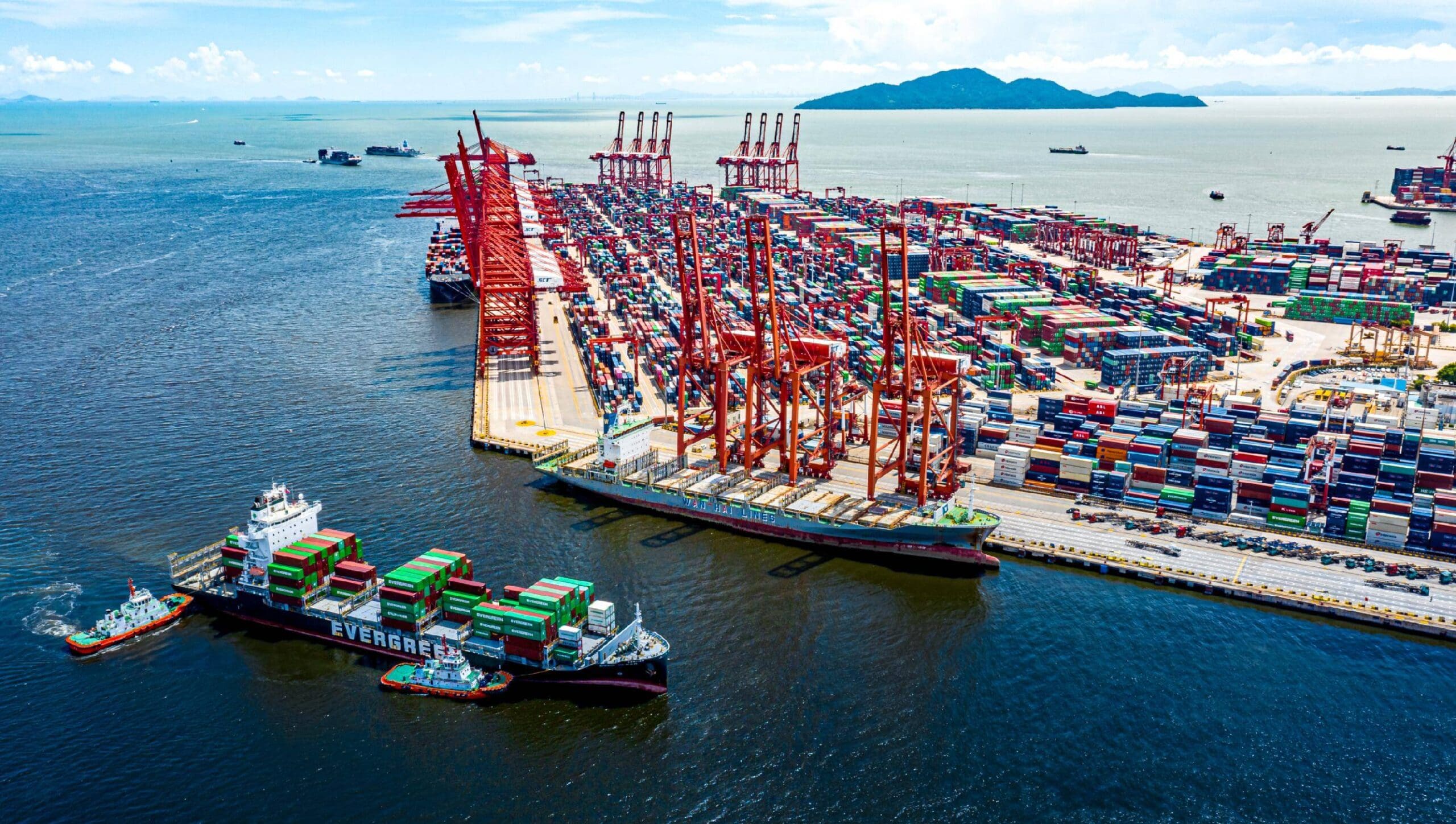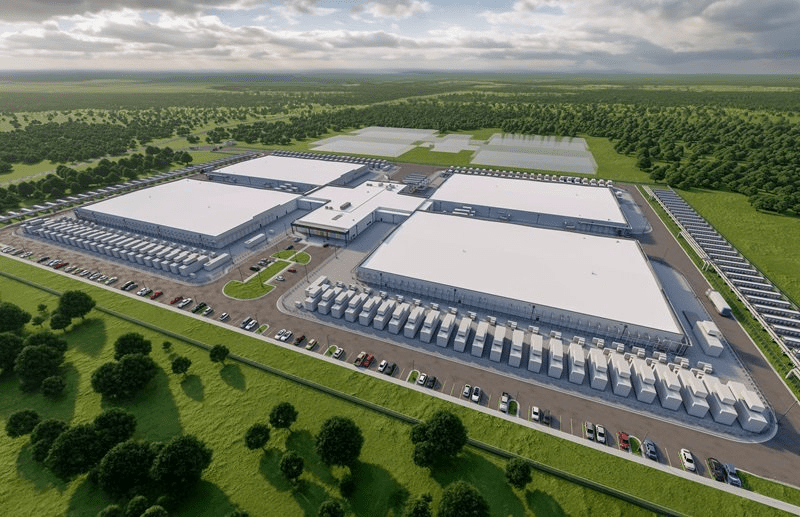Call to Action: Download the full guide to gain in-depth insights and practical frameworks that will help you lead the transformation towards a resilient supply chain. Part 9 Supply chains are
AI drew enormous attention in 2025 across supply chain operations. Some organizations approached it with caution. Others attempted rapid transformation. The most successful teams focused on smaller,
This past week’s supply chain technology developments reinforce a quiet but important transition. The market is moving beyond visibility tools toward systems that sense, decide, and act directly in
On December 18, 2025, the Hainan Free Trade Port (FTP) officially commenced island-wide customs closure operations. This initiative is far more than a simple policy adjustment; it represents a
Learn from the stories of your peers and the successes of those leading the charge in digitalization, the energy transition, and competitive excellence, whether it's through AI and cognitive
About 0.3 percent of US power was generated by microgrids in 2024, but data centers use about 4.4 percent of US power today, a figure expected to grow to about 12 percent by 2030. The urgent rush to
In 2026, supply chain and logistics leaders will converge at major conferences and industry events across the globe. These gatherings bring together decision-makers who shape capital investments,
Call for Speakers – ARC Industry Forum 2026 The ARC Industry Forum is the premier event where operations, supply chain, and technology leaders gather to shape the future of intelligent and
ARC Industry Leadership Forum • Orlando, FloridaFebruary 9–12, 2026 • Renaissance Orlando at SeaWorld Artificial intelligence is reshaping how industrial organizations run their operations and supply
Call to Action: Download the full guide to gain in-depth insights and practical frameworks that will help you lead the transformation towards a resilient supply chain. Part 8 No matter how robust
Supply chain teams entered 2025 facing persistent volatility across capacity markets, energy availability, labor, and environmental conditions. By the end of the year, certain patterns became
Recently, ARC Advisory conducted an in-depth interview with Liu Bin, founder and CEO of Deep Insights. In this information-rich conversation, Liu not only reviewed the entire process of Deep Insights





























